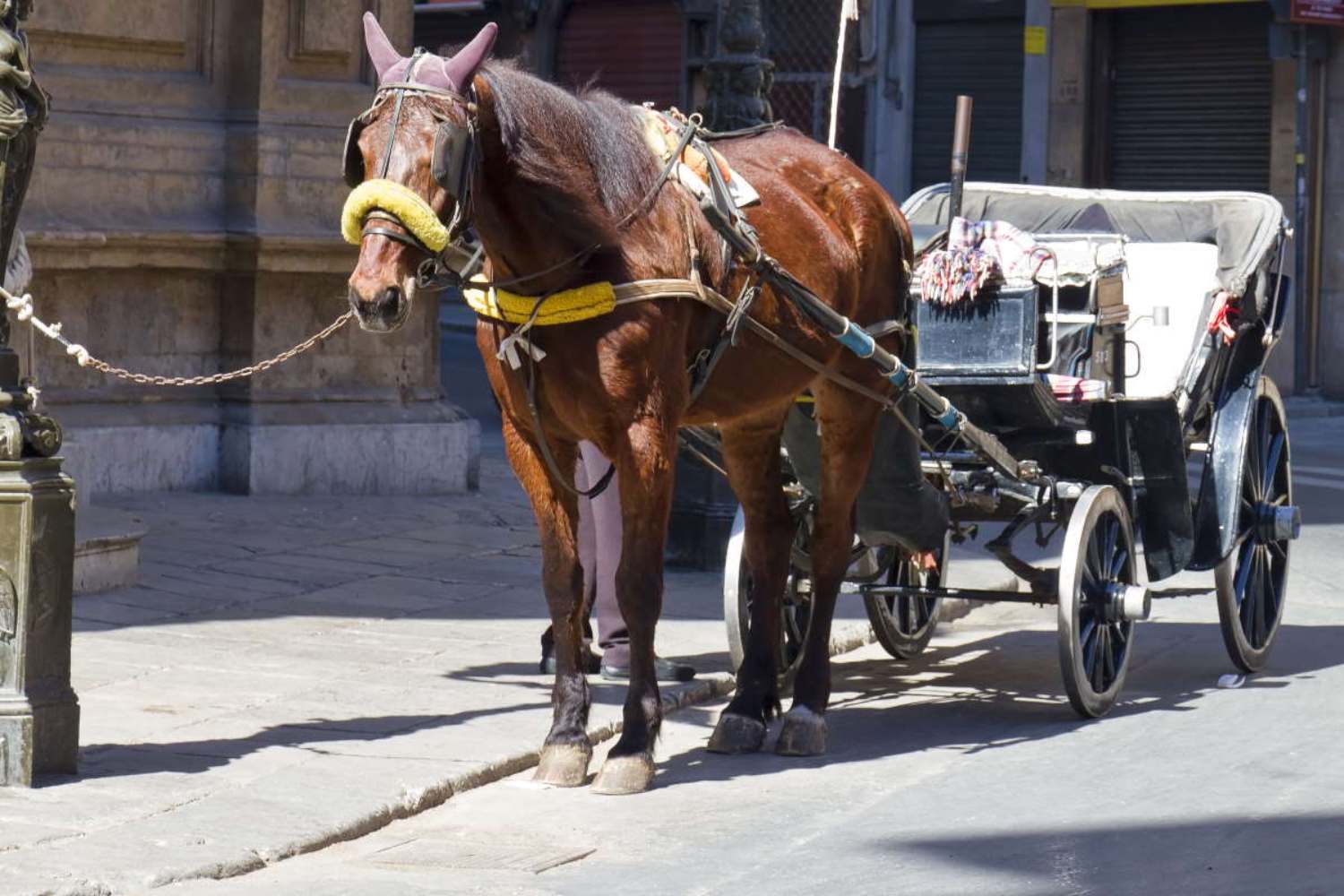Brazilian lawmakers advance a bill banning animal-drawn carriages nationwide, aiming to prevent abuse while respecting lawful practices.

@lachris77/123rf
The Brazilian Chamber of Deputies has approved in committee a landmark bill that would prohibit the use of animals to pull carriages across the entire country. The legislation aims to replace existing state laws with a clearer and stricter national framework, extending the ban to circus performances and all forms of animal shows, including those broadcast online.
Those who violate the law could face prison sentences of 2 to 5 years and fines, with the penalty doubling if the animal dies. The main goal is to prevent abuse and ensure the safety and welfare of animals, without punishing lawful and safe activities.
Exceptions and regulated activities
Despite the ban, some activities will remain allowed, provided they follow best practices in animal management. These include sports and recreational horse activities, such as horseback riding, equine therapy, and races conducted in controlled settings, the use of horses by public authorities, and subsistence family farming, as long as animal welfare standards are respected.
The approved text comes from a substitute bill drafted by the Environment Committee, based on Bill 176/23, promoted by deputies Matheus Laiola and Bruno Lima. The rapporteur, Deputy Bruno Ganem, clarified: “The penalties will apply only in cases of mistreatment, thus preserving lawful and harmless activities for animals.”
Next steps for the legislation
The bill will now be reviewed by the Committee on Constitution, Justice, and Citizenship. If approved, it will go to a full vote in the Chamber of Deputies, then to the Senate, and finally will require presidential sanction to become law.
The measure represents a significant step for social justice and animal rights, balancing protection with the continuity of traditional cultural and agricultural practices. Experts and advocates emphasize that this law could significantly reduce animal abuse and exploitation, promoting a culture of greater respect and responsibility toward living beings.
The U.S. context
In the United States, regulations vary widely by state and city. Some municipalities, like New York City and parts of California, have banned horse-drawn carriages due to welfare concerns, while others still allow them under strict conditions. Advocates argue that Brazil’s move reflects a global trend toward stricter animal protection, aligning the country with international standards in animal welfare.
Source: Chamber of Deputies of Brazil
